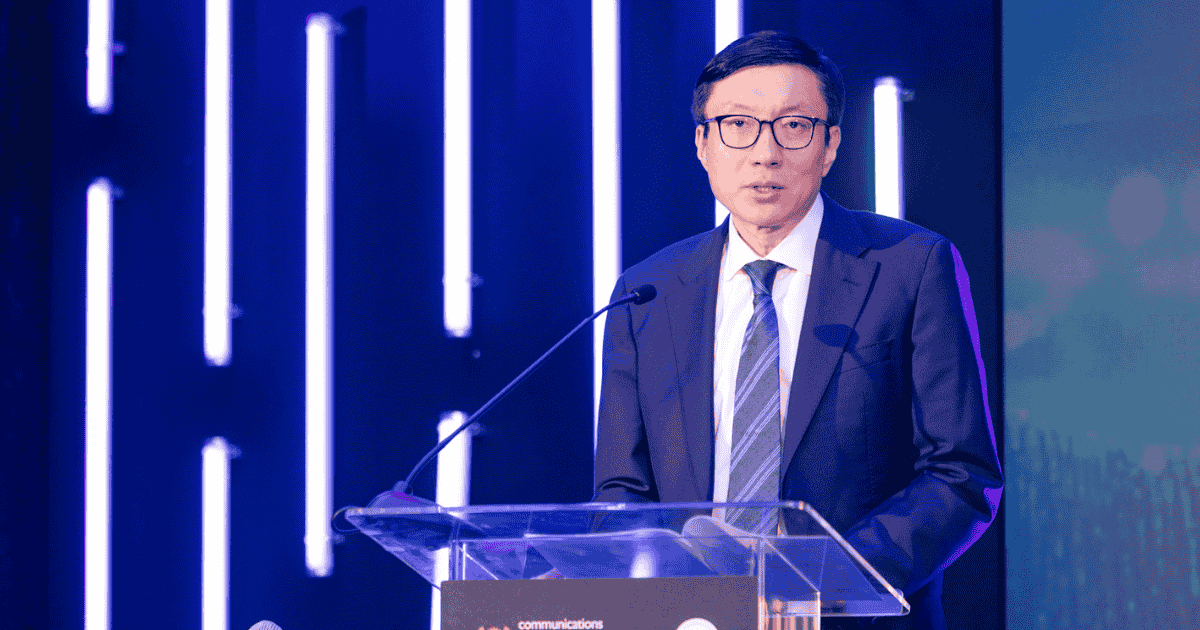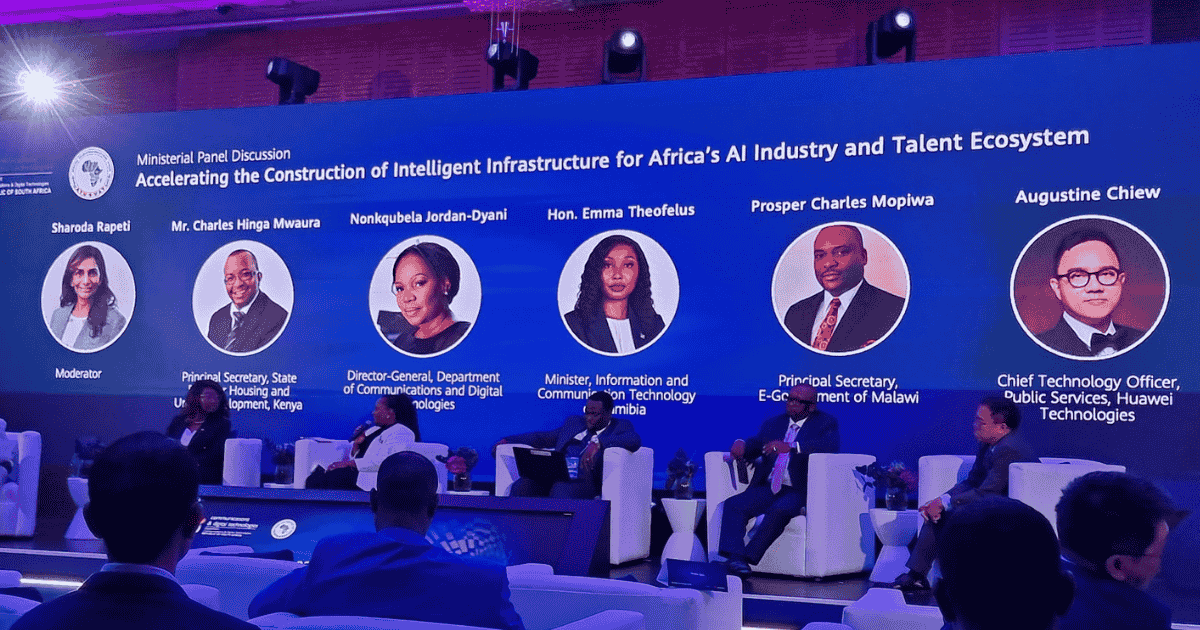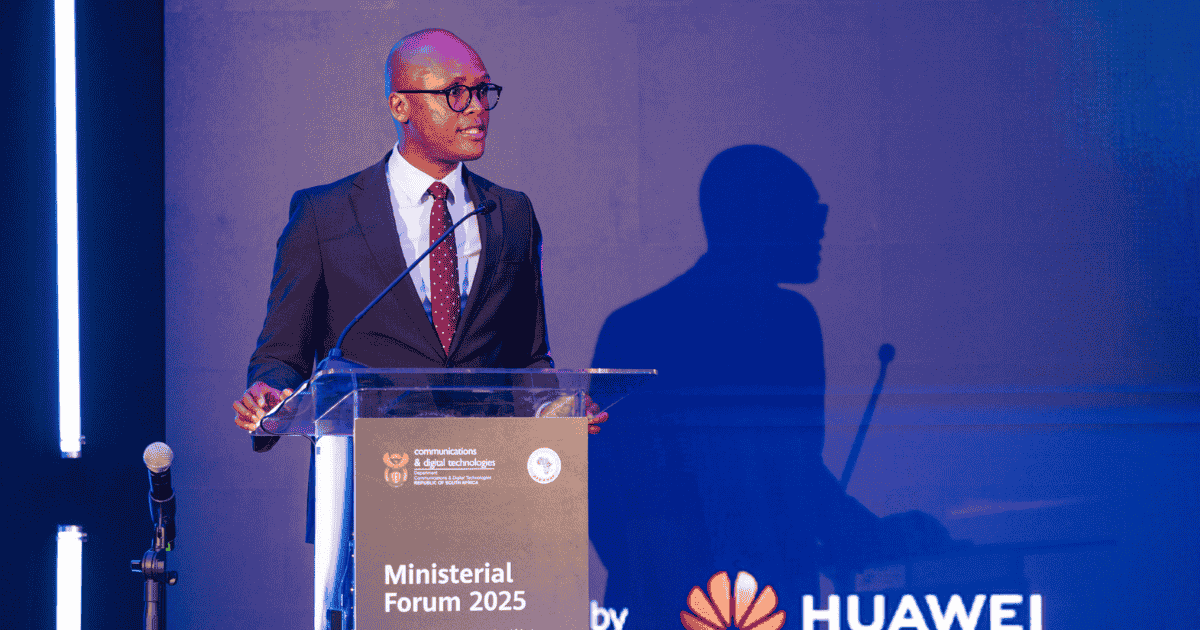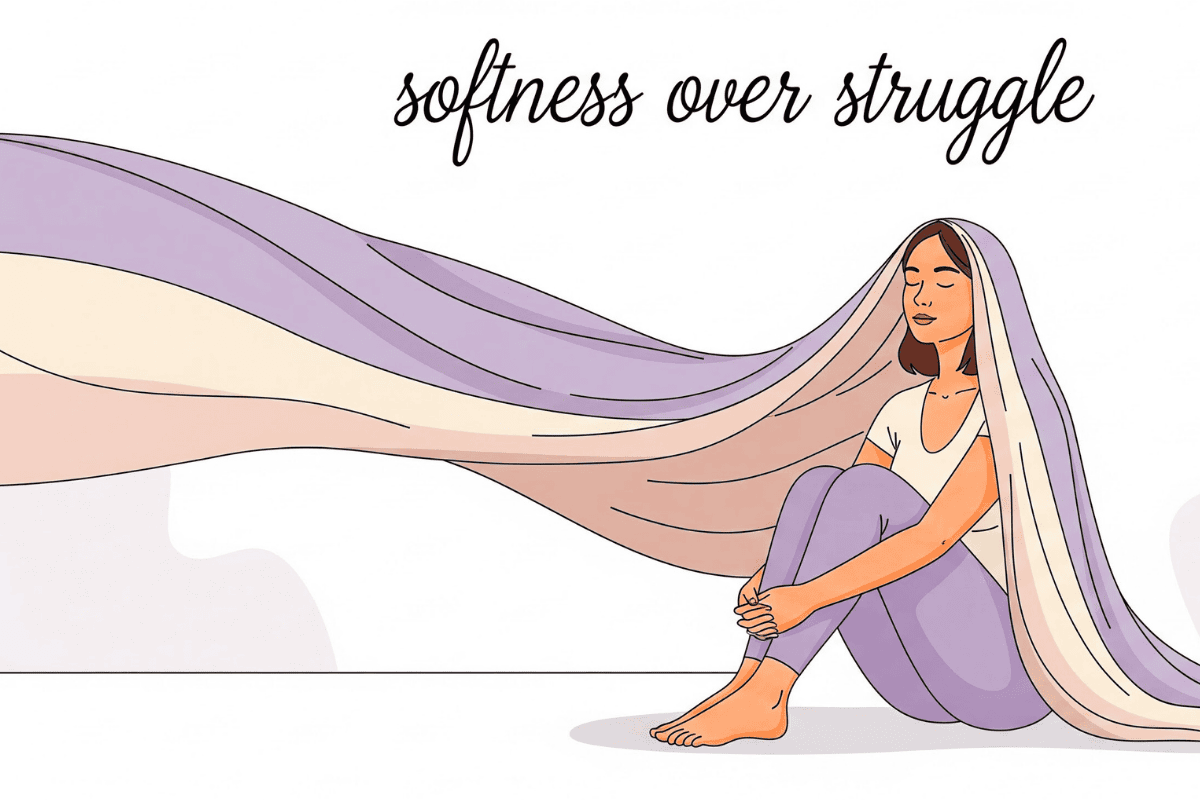The Fourth Ministerial Forum sets its sights on Africa’s AI sovereignty and computing power.
The room at the Westin Cape Town was packed as ministers and policymakers gathered for one reason: to talk about how artificial intelligence can push Africa into its intelligent era.
Taking the stage, Hover Gao, President of Huawei Sub-Saharan Africa Region, called it what it was: a turning point.
Africa’s AI a ‘defining trend’
Gao reflected on the forum’s evolution from post-pandemic recovery to digital transformation and inclusive growth. Each year, he said, the focus sharpened as Africa’s digital agenda matured.
“This year, I must address the most defining trend of our time: Artificial Intelligence (AI). And how we can leverage AI to empower Africa’s leapfrog journey toward an intelligent economy.”
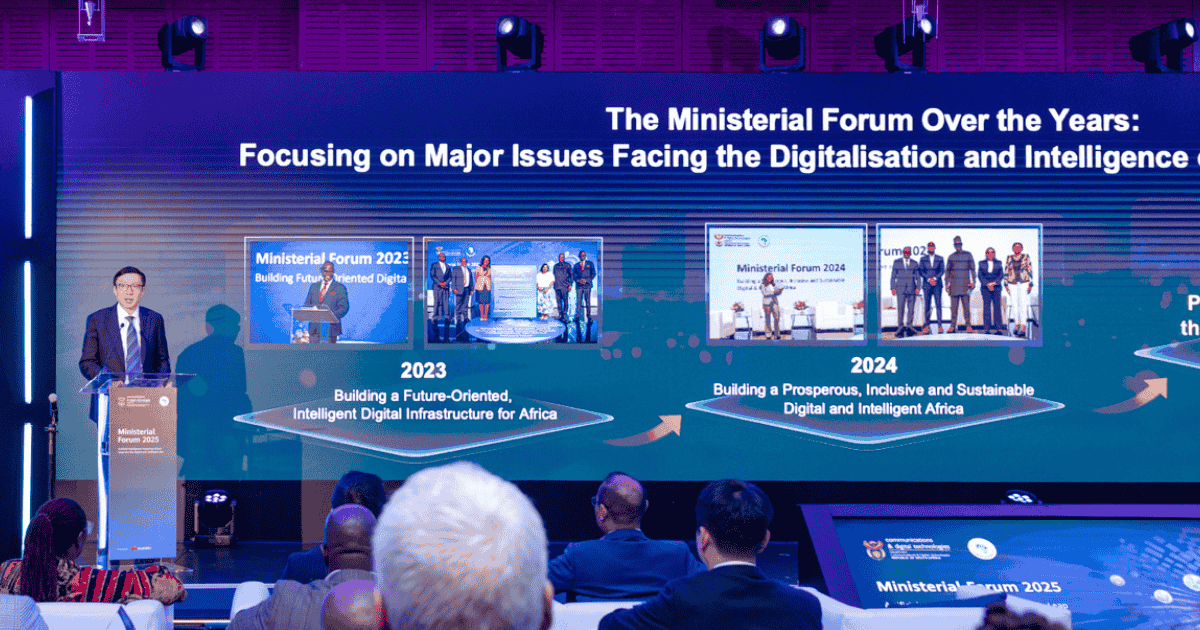
That theme, leapfrogging, ran through every part of his address and in other segments of the agenda too.
Gao framed AI as the engine of the Fifth Industrial Revolution, where “intelligent transformation is accelerating across all industries, driving a rapid convergence between the physical world and the intelligent world.”
He pointed out that this evolution will change economics. “By 2030, the Intelligent Economy will reach a total value of USD 18.8 trillion,” he said, adding that its growth rate (18% annually) far outpaces both the digital and non-digital economies.
Africa’s AI moment and its missing links
But while the world speeds ahead, Gao turned the spotlight back on Africa’s readiness.
“Last year, the African Union released its Continental Artificial Intelligence Strategy, and at least 16 countries across the region have since launched their own national AI strategies.”
He acknowledged that “AI is expected to contribute up to 6% of Africa’s GDP,” but warned of structural hurdles: “Insufficient AI computing power; lack of localised large models; limited availability of high-quality data; and shortage of skilled AI talent.”

He said Huawei will work with governments to turn those challenges into opportunity. Gao also highlighted two key initiatives.
1. National computing power centers
The first: national computing power centers.
“We believe that countries should prioritise the development of national computing power centers,” Gao said, drawing from China’s ‘One Center + Four Platforms’ model.
He broke it down as a national hub that anchors four key ecosystems: public computing services, application incubation, industrial development, and research and talent cultivation.
The approach, he said, reduces redundant investment, centralises planning, and strengthens digital sovereignty by allowing nations to “localise and govern their own data, models, and algorithms within national borders.”
ALSO READ: Solly Malatsi: ‘Wise choices’ will define the AI era, not machines
2. Foundational models for a diverse continent
The second: national foundational AI models.
Gao urged African countries to train their own. “Africa is a highly diverse continent, rich in languages, knowledge systems, laws and regulations, and cultural traditions,” he said.
“While many mature foundational models already exist globally, these models must be further trained and adapted using African local data and knowledge.”
Such models, he said, would affirm “each country’s AI sovereignty and identity,” reduce regional bias, and make AI more accessible by enabling governments and industries to fine-tune existing models instead of building from scratch.
The goal is to “accelerate intelligent transformation across industries, and ultimately enhancing national competitiveness in the AI era.”
Collaboration, not competition
Gao closed with a call for collaboration rather than competition.
“We firmly believe that such meaningful exchanges will help African countries achieve leapfrog development in the AI era, and Huawei always stands ready to collaborate with all partners to contribute to this shared vision.”
If there was a through-line to his message, it was simple: Africa’s future won’t be defined by whether it joins the AI race.
It should (rightly) be defined by how it builds its own track; a track powered by compute and grounded in local knowledge.

